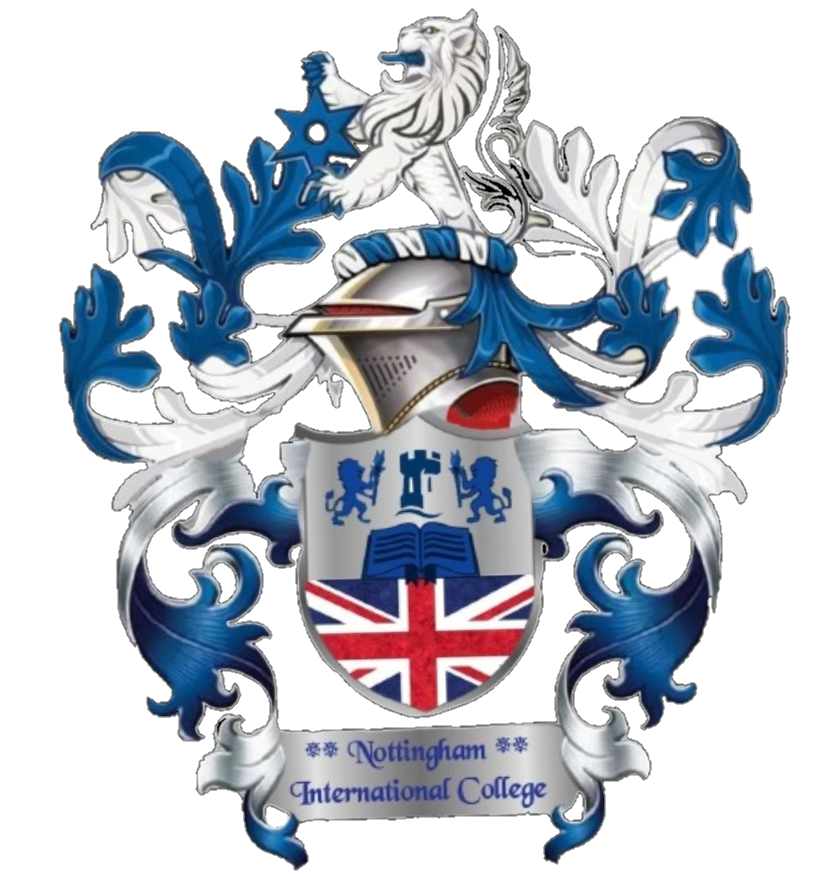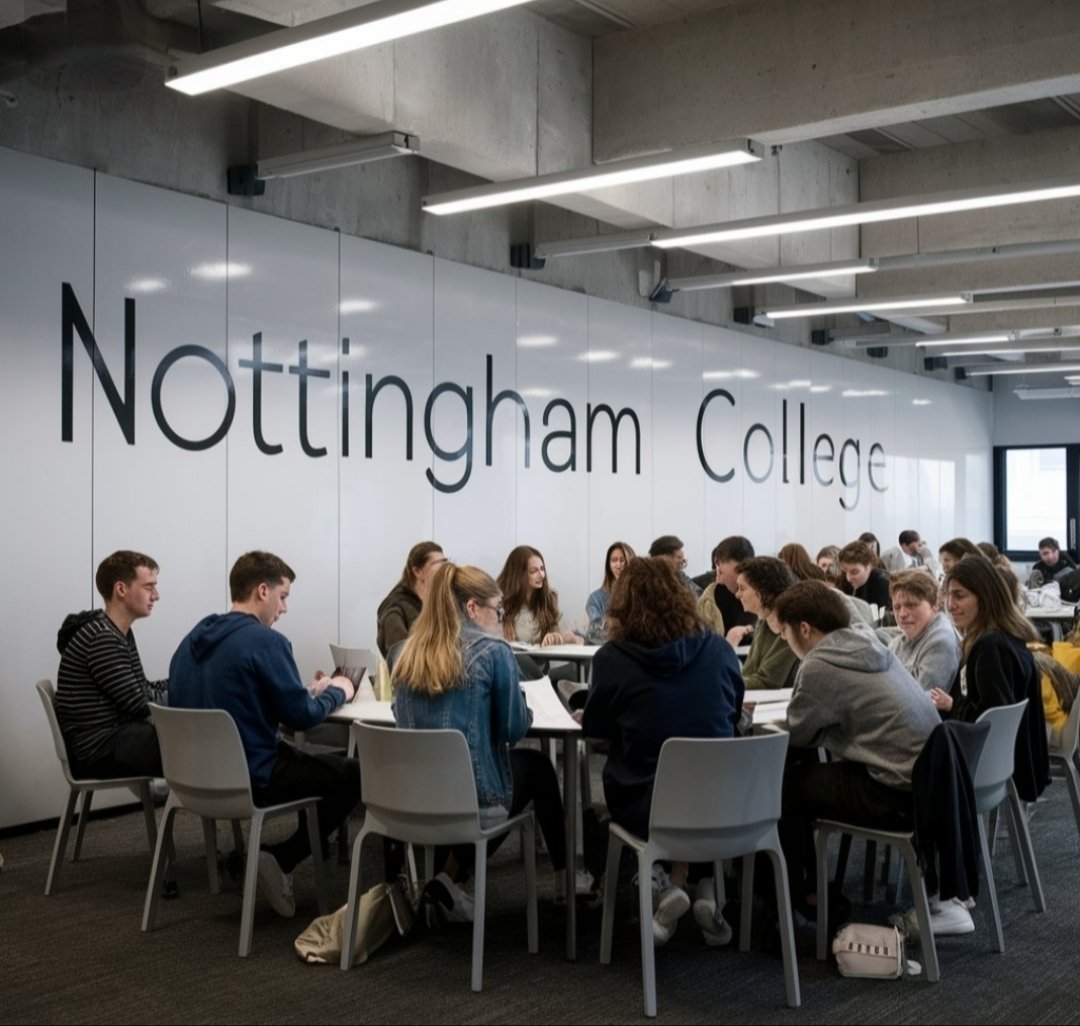First, what is a professional certificate and what is its importance?
A professional certification is a credential that proves an individual’s specialized, up-to-date, and detailed study of a particular field. These certifications are issued by universities and colleges under global supervision, making them internationally recognized and usable in any country around the world. Professional certifications are highly sought after in the job market as they demonstrate an individual’s proficiency in their field and are considered more valuable than experience certificates, which only document a person’s past work in older roles and under outdated systems in a local context.
Professional certifications serve as proof of an individual’s expertise and knowledge of the latest methods and innovations in their field. They also provide insight into the successes of previous professionals and the latest global scientific advancements. This enables individuals to innovate, modernize, and progress in line with global market developments and its continuous updates. Professional education is characterized by its flexibility and constant updates to keep pace with the latest scientific and practical advancements worldwide.
Therefore, when a certification is issued by an international university or college, it is globally recognized and can be used in job applications worldwide. However, if the certification is issued by a local institution, it may be less trusted, less recognized, and its acceptance in jobs may be limited
Vocational education
Vocational education is a type of education that focuses on a single specialty, where the learner delves deeply into the study of this field in detail from all aspects. The goal of vocational education is to equip individuals with specialized knowledge and practical skills that enable them to excel in their field of work compared to others.
Vocational education is considered more powerful and beneficial than certificates of experience and years of past work, as it focuses on teaching everything that is new and relevant to future needs, rather than relying on outdated or traditional experiences. It provides a comprehensive and in-depth understanding of a specific field, allowing individuals to develop their skills, adapt to rapid changes in the job market, and stand out with scientific knowledge and expertise based on the latest standards and practices
Academic education is based on academic achievement and a set of specific grades, rather than necessarily reflecting an individual’s desire to study a particular field. When entering higher education, the student studies the field in which they were accepted in a superficial manner, along with several other subjects in different areas, rather than in a specialized, in-depth way as in vocational education.
Academic education
Academic education is a result of the student’s achievement and a sequence of a traditional educational system, focusing on attaining certain grades rather than personal choice or interest in a specific field. This type of education tends to be less flexible, with a predetermined curriculum, and may not always align with the personal needs or ambitions of students, nor with the evolving requirements of the modern job market.




